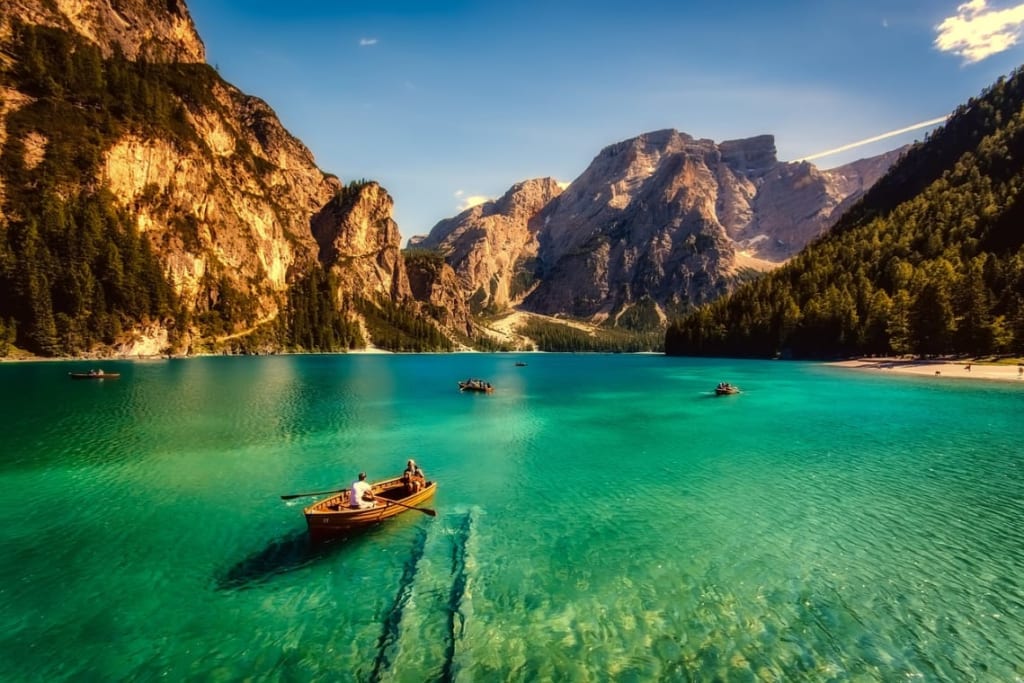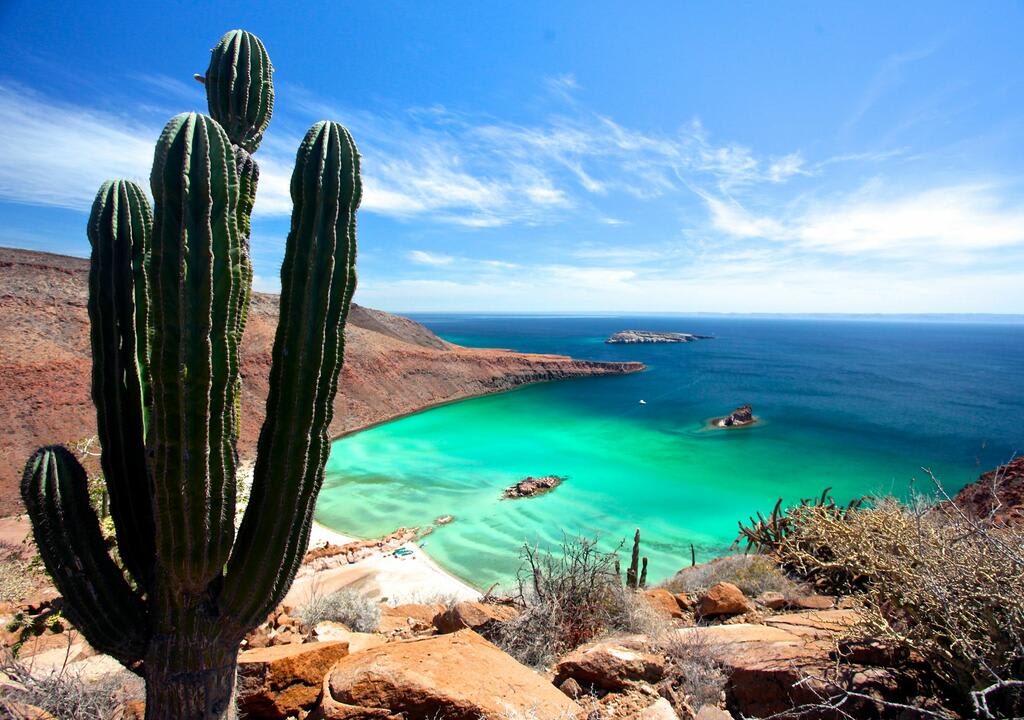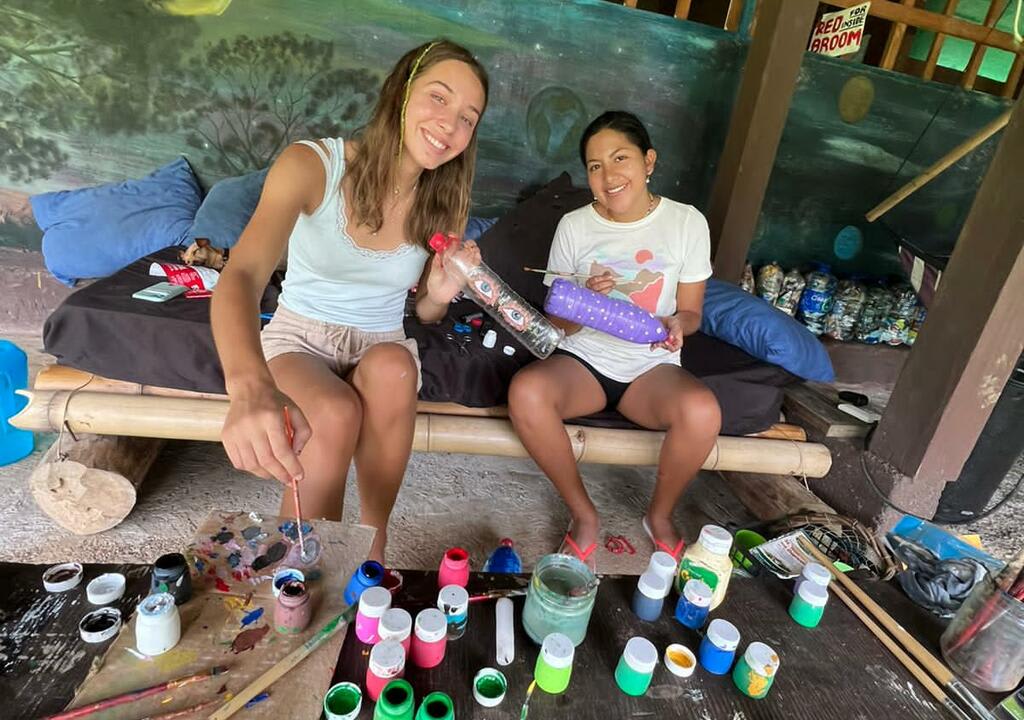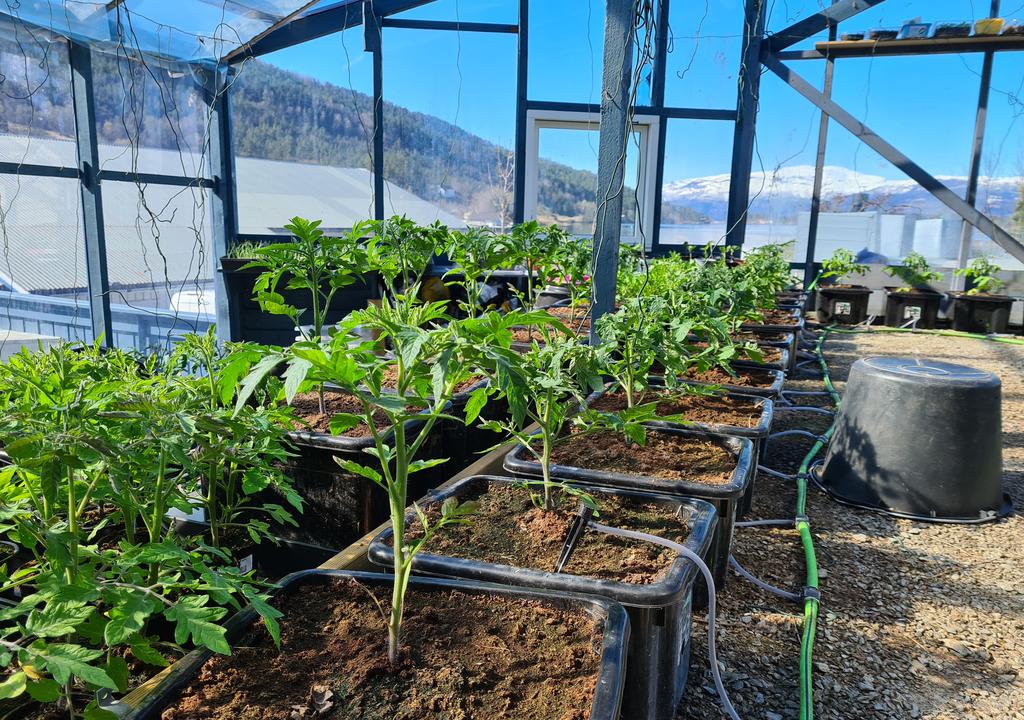
- Quer uma passagem de até US$500 grátis?
- Envie sua resposta até 30/04 e tenha a chance de ser premiado.
Travel is an incredibly rewarding experience, but it's important to consider the environmental impact of our journeys. Let's start with carbon neutral travel.
8min

Carbon neutral travel is a way to reduce your carbon footprint and make a positive difference in the world while having life-changing experiences. Travelers can contribute to carbon neutrality by avoiding air travel when possible, traveling close to home, choosing greener airlines, offsetting flight emissions, and more.
Worldpackers offers travelers the opportunity to participate in sustainable travel with eco-friendly hosts around the globe, helping you slow down and become more aware of how your travels affect others. When choosing a volunteer project, look for eco-friendly alternatives that use renewable energy sources and sustainable practices.
You can also start by choosing low-carbon transportation options to get to your host, such as public transport, biking, or walking. Finally, be mindful of how you dispose of your waste when traveling: avoid single-use plastic when possible and recycle what you can. With these steps in mind, it's easy to plan your next adventure as a carbon-neutral travel.

A carbon neutral travel policy is a set of guidelines and practices that aim to reduce or offset the amount of carbon dioxide released into the atmosphere through travel. This can include using renewable energy sources, reducing air travel, carpooling, taking public transportation when possible, and purchasing carbon offsets.
Carbon offsets are investments in projects that absorb or avoid emissions from entering the atmosphere. By implementing these measures travelers can help mitigate their environmental impact while still enjoying their travels. One of the most sustainable ways to get around, after walking and biking, is to use public transportation, such as buses and trains. This reduces emissions from private transport and helps to reduce traffic congestion.
Choosing eco-friendly accommodations such as campings or hostels can also help minimize your environmental impact. This not only cuts down on emissions but also allows you to explore more of your destination in an active way.
Read more on how to be a conscious traveler.
Tourism is a major industry that can have a negative impact on the environment due to carbon emissions from air travel and other activities. Air travel is one of the biggest contributors to global warming, as each flight emits tons of greenhouse gases into the atmosphere. But to reduce your carbon footprint when travelling, there are several things you can do from traveling more slower to choosing sustainable accommodations.
Airplanes emit large amounts of carbon dioxide (CO2) and other pollutants into the atmosphere when they fly. These emissions contribute significantly to climate change and global warming, as well as local air pollution in areas near airports or flight paths. The amount of CO2 emitted depends on how far you fly and what type of aircraft you use –older planes tend to be less efficient than newer ones.
Travel can be a powerful tool for positive change, but it's important to consider the impact our travels have on the environment. Traveling close to home is one way to reduce our carbon footprint while still enjoying meaningful experiences and connecting with nature. Not only will you save money, but you'll have the opportunity to explore your own culture from a different perspective and visit nearby communities in a more meaningful way.

Carbon neutral air travel is possible, by using alternative fuels and advanced aircraft technologies, airlines can reduce their emissions to zero. Additionally, offsetting the remaining emissions with carbon credits or investing in renewable energy projects can help make air travel completely carbon neutral.
Airlines are also making efforts to increase efficiency by reducing weight and optimizing flight paths which helps reduce fuel consumption and emissions. To reduce your carbon footprint while travelling, choose an airline with more efficient planes, fly direct, buy offsets for flights taken and book economy class tickets.
Slow travel gives you the opportunity to immerse yourself in the local culture of your destination by spending more time there. You can discover hidden gems off the beaten path that most tourists don’t get to see, learn about different customs from locals, or even take part in traditional activities like cooking classes or cultural tours. This type of travel also helps support small businesses in rural areas which are often overlooked by larger tour companies.
Slow travel offers other side benefits, such as: connecting with nature and wildlife, and save money and time. Traveling slower tends to be cheaper than traditional tourism, as accommodation costs are lower when staying at one place instead of moving around constantly.
Your choice of accommodation also plays an important role in reducing the environmental impact of tourism. Look for hotels that are certified green or eco-friendly - these often use renewable energy sources such as solar power, dopt sustainable practices such as water conservation initiatives, and may even offer locally sourced food in their restaurants or cafes.
Staying in smaller guesthouses owned by locals can also help support local economies while minimizing your own environmental footprint during your trip. Last but not least, volunteering is one of the best ways to choose sustainable accommodation while giving back to the community and having an incredibly rewarding experience.

Taking your time while travelling means having more opportunities to appreciate nature around you. Whether it’s taking a leisurely stroll through a national park or going on an overnight camping trip. Slow travel allows you to observe wildlife up close without disturbing it too much, and develop an appreciation for natural landscapes that you may miss if you rush through places quickly.
Slowing down your travel pace allows you to experience the routine of the place, talk to locals, and make new friends. This way, you're more likely to get invited to local events and try different types of local food. Traveling slower also allows you to make better use of your vacation days, as you have more free time during your stay instead of rushing from one attraction to the next all day.
Europe is home to some of the most beautiful and unique ecological projects to volunteer in the world. From organic farms in Switzerland, to helping with horse care in Portugal, there are plenty of sustainable accommodation options for travellers looking to reduce their carbon footprint while exploring this continent.
In Asia & Pacific Islands, you can find everything from traditional thatched huts on Fiji’s beaches, to beachfront villas made entirely out of bamboo on Bali. These eco-friendly hosts offer an authentic experience with minimal environmental impact, perfect for those who want to explore without leaving too much of a mark behind them.
North America & Caribbean also have some great eco-hosts that provide sustainable accommodations for travellers looking to make a positive impact during their travels. In Canada, you can stay at off-grid lodges powered by solar energy or rent tiny homes surrounded by nature reserves; while in Mexico and other parts of Central America you can find rustic ecolodges nestled among lush jungles and rainforests.

In Latin America, you can help with an ecological water recycling project in Mexico, learn about Indigenous culture in Venezuela, and work with biodynamic agriculture in Brazil. These ecological projects offer a deep connection with nature and the opportunity to visit some of the best beaches in the world, and learn how to surf and dive in your free time.
No matter where your travels take you around the world, there are always eco-friendly hosts available offering sustainable accommodation options so that everyone can enjoy travelling responsibly. Ecological projects offer travelers a unique way to explore the world while reducing their carbon footprint. Now that you know where to find them, let's look at some tips for planning sustainable travel.
Sustainable travel planning is key to reducing your carbon footprint during travel. Research you destination, choose greener transportation and pack lightly are part of that. Here are some tips to help you make your travels more sustainable.
1. Research your destination before you go
Researching the destination before you go can help reduce your environmental impact and save money. Make sure to research local customs, transportation options, climate, and attractions so that you can plan accordingly. You can also look into eco-friendly accommodation options such as hostels or camping sites which have a smaller environmental impact than traditional hotels.
2. Choose greener transportation options
Whenever possible, opt for greener transportation methods such as public transport or cycling instead of flying or driving long distances in order to reduce emissions from air travel and road trips. If taking a flight is unavoidable, consider offsetting the carbon emissions by purchasing carbon credits from an accredited provider.
3. Pack lightly
Packing lightly not only helps minimize waste but also reduces the amount of energy needed to transport luggage on planes and trains. Try to bring reusable items such as water bottles, cutlery sets and cloth bags. Whenever possible, avoid single-use plastics and try reusing towels multiple times rather than having them changed daily in order to conserve water resources.
Traveling sustainably is not only better for the environment, but it also allows you to get a deeper understanding of the places you visit. But how to start? Worldpackers offers an innovative way to travel more slowly and with greater purpose -let's take a look.

Worldpackers is a platform that allows travelers to explore the world while making a positive impact. It offers opportunities for volunteers to stay with hosts in exchange for a few hours of help, gaining unique experiences and build meaningful connections. Through Worldpackers, travelers can find eco-volunteer positions around the world in various fields such as teaching english, working on organic farms, helping out in hostels or guesthouses, and more.
Worldpackers is a platform that enables travelers to explore the world while making a positive impact. It offers an opportunity to travel slower and give back, allowing travelers to experience new cultures and make a difference in local communities along the way. Benefits include: unique experiences and meaningful connections.
To use Worldpackers, you first need to create an account on the website or mobile app. Once registered, you can browse hundreds of volunteer positions available all over the globe, and, after becoming a verified member, apply for those that interest you the most. After being accepted by a host organization you will be able to contact the host directly.
Using Worldpackers has many benefits for both travelers and hosts: for travelers, it provides the opportunity to travel at a slower pace than usual while giving back by not only learning about new cultures but also making a difference in local communities. Host organizations benefit by having access to motivated volunteers, making it much easier to carry out projects. Finally, both sides get something out of it, the travelers get unique experiences that wouldn't be possible without this type of program, and the hosts get help from passionate people who are eager to learn about other cultures.

Traveling sustainably and responsibly is an important part of being a carbon neutral traveler. With Worldpackers, you can easily find eco-hosts around the world to help reduce your carbon footprint while still having life-changing experiences. By following our tips for sustainable travel planning, you can ensure that your travels are both meaningful and environmentally friendly. So start exploring the world with a lighter environmental impact today.
By choosing carbon neutral travel, we can reduce our environmental footprint and help fight climate change. Let's take actionable steps towards sustainable tourism by supporting local communities through volunteering opportunities with Worldpackers.
Want to learn more about planning your trip? By subscribing to the WP pack plan you have unlimited access to +120 courses at Worldpackers Academy, the travel school made by travelers!
Escreva aqui suas dúvidas e agradecimentos ao autor
Brent
Mar 24, 2023
great post
Boubekri
Abr 30, 2023
Good merning